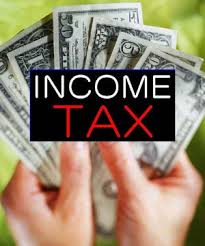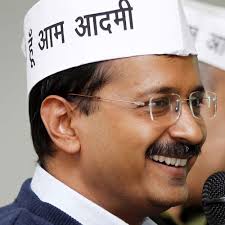Income tax is a source of revenue to Government and this revenue is used for the development and welfare of the people of India by providing them public goods and services.The origin of this word is derived from the phrase Taxation which means an estimates.
Government collect Income tax through the provisions of Income Tax Act. The Income Tax act 1961 contains provisions for the calculation of tax , procedure for assessment, appeals, penalties and prosecutions. It also contains the powers and duties of various Income tax authorities. The Government introduces amendments in the form of various amendment Acts and Ordinances. When finance Bill is approved by Lok Sabha & Rajaya Sabha and president approved it then it becomes the Finance Act & amendments take place in the income Tax Act. Tax planning require to study Income Tax Act,1961, Income tax Act 1962, Central Board of Direct Taxes( (CBDT) issues Circulars, clarifications from time to time & Judicial decisions relating to tax matters.The Tax is divided into the Direct & Indirect Tax.
The Government directly collects Direct taxes from the tax payers out of their income. These are collected from certain category of people like Individual and companies or organizations etc. only. It is the tax that cannot be shifted to others. Income Tax, Wealth Tax, Professional Tax are Direct Taxes.
The Government indirectly collects indirect taxes from the production and sale of products and services i.e., amount of Tax is inclusive in the price of the product and service. These taxes also known as Commercial Taxes. It is collected from the entrepreneurs or manufactures or traders on the basis of their turnover during the financial year. It is tax that can be shifted to others. Excise Duties, Custom Duties, local Sales Tax or value added are Indirect Taxes.
The revenues that are generated in the form of levying taxes are divided between Central and State Governments on ratio basis as per the subjects listed under Union List and State List of the VIIth schedule of the Indian Constitution.The Central Government collects wholly indirect taxes like customs duty, Excise duty, central sales Tax (CST), and direct taxes like wealth tax, Estate Duty and education Cess, etc.The State Government collects indirect taxes like local sales tax or value added tax, excise duty on liquor etc., and direct taxes like professional & Property tax.
At last but not least, it is our duty to pay tax and file return with correct details of income on time. We must take oath
” To Encourage white money and Discourage black money.”
Click here for government certification in Accounting, Banking & Finance





7 Comments. Leave new
Good effort..!
Well written
Well explained.good work
It is important to know as well as to pay Income tax.. Well done..
Information needed by all. Nicely articulated.
Nice one
Very well articulated 😀
Many facts about income tax is still hidden 😀
the article put light on all these stuff which are hiddena s well as informative 😀
Good work 😀